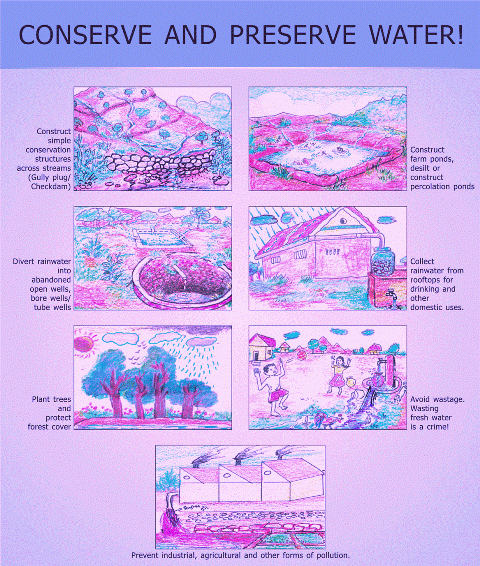Prime Minister’s Rural Development Fellows Scheme (PMRDF) is an excellent opportunity to create a resource pool of high quality development professionals ready to be deployed as Prime Minister Rural Development Fellows (PMRDFs) in the IAP districts by Ministry of Rural Development, Government of India, New Delhi
Applications are invited from the committed young people to contribute to enhancing development and welfare of the people in rural and tribal areas of the country:
Post: Prime Minister Rural Development Fellows (PMRDFs)
Number of Positions: The final number of PMRDFs to be posted in the IAP districts will be 180. The recruitment of PMRDFs will be done in two phases. In each phase, 90 candidates will be finally selected after the training programme. This will assist in ascertaining the efficacy of the placement of the batch.
Duration of Posting: The fellows will be appointed for a period of two years on a fixed contract, extendable for one more year based on performance. The PMRDF will be offered an attractive compensation that would include HRA, health insurance and other support.
Eligibility Criteria:
- Must be 25-30 years old
- Must be a postgraduate in Social Science / Science / Management or a graduate in Law / Engineering / Medicine
- Knowledge of hindi and a local language used in an IAP district is desirable.
- Work experiemce is preferred
Method of Selection: Selection will be through an open advertisement process. Respondents will be asked to submit an application in a pre-designed form with supporting documents on academic and extra-curricular activities, particularly in social work and relevant fields. They would need to provide three recommendations, one of which should be from an academic institution.
- Fill the application and submit it online. The applicant will receive an acknowledgement of its receipt. All information asked for must be provided. Incomplete applications will be rejected.
- Assessment of the applicant’s intention to apply for the position will be based on the write up they submit with the application.
- Indicate knowledge of local languages and district preferences.
Candidates will be shortlisted on the basis of their qualifications and experience. Selection will be on the basis of the written synopsis; group discussions and interviews will be used to test the candidate’s motivation, leadership, social and negotiating skills.
Last date for Submitting Applications - Dec 4th, 2011
Last date for Submitting Applications - Dec 4th, 2011
For more information about this announcement, visit this link: http://rural.nic.in/pmrdfs/






